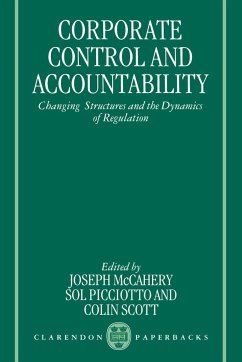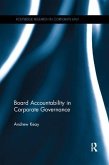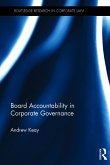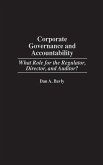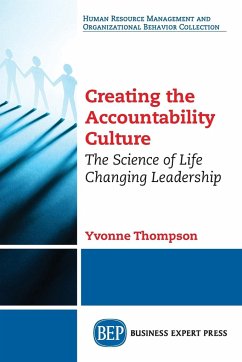This volume brings together lawyers, accountants, sociologists and economists to explore some central themes of the legal and organizational accountability of the public corporation. The papers offer the first sustained attempt to transcend the institutionalist and contractarian visions which, during the 1980s, became the mainstream perspectives in corporate analysis.
The mergers boom of the 1980s climaxed in a spate of corporate scandals, from Boesky to BCCI. Discussion of the relationship between the strategies and structures of firms and the constraints and disciplines of financial markets has shifted to the need for corporate accountability and improved regulation. Addressing the new agenda of the 1990s, this book offers a sustained attempt to transcend the dominant approaches which treat the internal structures and external relations of the firm as a series of contracts, the efficiency of which can be evaluated by market-based criteria. The contributors argue that fuller concepts and organizational principles, such as trust, authority, and power, are necessary to ground the responsibilities and obligations of the firm. Sociologically-informed analysis shows that contract-based networks, such as franchises, may bc collective actors, and a broad notion of 'control' is needed to understand corporate groups. Central to corporate regulation and its avoidance are professionals such as auditors and lawyers, who appear as technical intermediaries but compete to construct fields of expertise, facilitating the ideological legitimation of corporate forms, whilst paradoxically, the rapid expansion and greater volatility of markets, due to factors such as privatization and globalization, have led to constant regulatory renewal, often involving legalization and bureaucratization.
Hinweis: Dieser Artikel kann nur an eine deutsche Lieferadresse ausgeliefert werden.
The mergers boom of the 1980s climaxed in a spate of corporate scandals, from Boesky to BCCI. Discussion of the relationship between the strategies and structures of firms and the constraints and disciplines of financial markets has shifted to the need for corporate accountability and improved regulation. Addressing the new agenda of the 1990s, this book offers a sustained attempt to transcend the dominant approaches which treat the internal structures and external relations of the firm as a series of contracts, the efficiency of which can be evaluated by market-based criteria. The contributors argue that fuller concepts and organizational principles, such as trust, authority, and power, are necessary to ground the responsibilities and obligations of the firm. Sociologically-informed analysis shows that contract-based networks, such as franchises, may bc collective actors, and a broad notion of 'control' is needed to understand corporate groups. Central to corporate regulation and its avoidance are professionals such as auditors and lawyers, who appear as technical intermediaries but compete to construct fields of expertise, facilitating the ideological legitimation of corporate forms, whilst paradoxically, the rapid expansion and greater volatility of markets, due to factors such as privatization and globalization, have led to constant regulatory renewal, often involving legalization and bureaucratization.
Hinweis: Dieser Artikel kann nur an eine deutsche Lieferadresse ausgeliefert werden.

